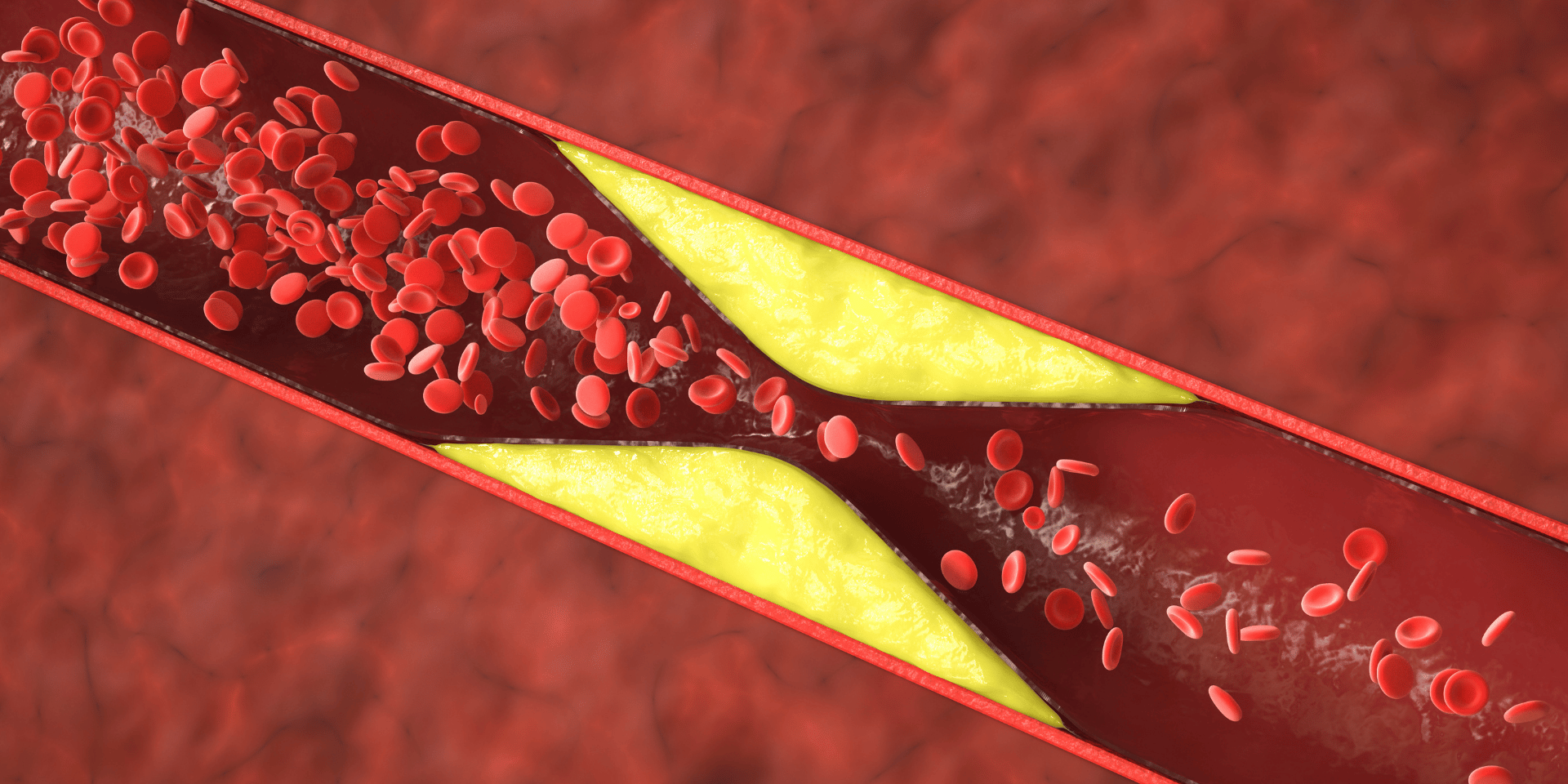
21 Mar Useful Guidelines to Prevent Coronary Heart Disease
Coronary heart disease (CHD), also known as coronary artery disease, is a condition in which the coronary arteries, the blood vessels that supply blood to the heart, become narrowed or blocked by a buildup of cholesterol, fatty deposits, and other substances known as plaque.
As the buildup of plaque increases, the arteries become narrower and less flexible, reducing the amount of blood flow and oxygen to the heart muscle. This can cause chest pain, shortness of breath, heart attack, and other serious complications.
Several risk factors can contribute to the development of CHD, including high blood pressure, high cholesterol, smoking, obesity, physical inactivity, diabetes, and a family history of heart disease. Treatment for CHD may include lifestyle changes, medications, medical procedures, and surgery, depending on the severity of the disease.
Coronary heart disease (CHD) is a serious condition that affects millions of people worldwide. CHD is caused by the buildup of plaque in the arteries that supply blood to the heart. This buildup can lead to a heart attack or stroke.
Here are some useful guidelines to Prevent Coronary Heart Disease:
Quit Smoking: Smoking is a significant risk factor for CHD. It damages the lining of your arteries, increases blood pressure, and decreases the amount of oxygen in your blood. Quitting smoking is one of the most effective ways to reduce your risk of CHD.
Eat a Heart-Healthy Diet: A healthy diet can help to reduce your risk of CHD. Choose foods that are low in saturated and trans fats, cholesterol, and sodium. Focus on fruits, vegetables, whole grains, lean proteins, and healthy fats like nuts and seeds.
Exercise Regularly: Regular physical activity can help to improve your heart health and reduce your risk of CHD. Aim for at least 150 minutes of moderate-intensity exercise each week. This can include activities like brisk walking, cycling, or swimming.
Manage Stress: Stress can have a negative impact on your heart health. Find ways to manage stress, such as meditation, yoga, or deep breathing exercises.
Manage High Blood Pressure: High blood pressure is a significant risk factor for CHD. Monitor your blood pressure regularly and follow your doctor’s recommendations for managing it.
Manage Diabetes: Diabetes can increase your risk of CHD. If you have diabetes, it’s essential to manage your blood sugar levels carefully and follow your doctor’s recommendations for treatment.
Take Medications as Prescribed: If your doctor prescribes medication for CHD, be sure to take it as directed. Don’t skip doses or stop taking medication without talking to your doctor first.
Get Regular Check-Ups: Regular check-ups with your doctor can help to monitor your heart health and detect any issues early on. Follow your doctor’s recommendations for screenings and tests.
Remember, it’s never too late to start making healthy lifestyle changes to manage CHD. Work with your doctor to develop a plan that’s right for you.

No Comments